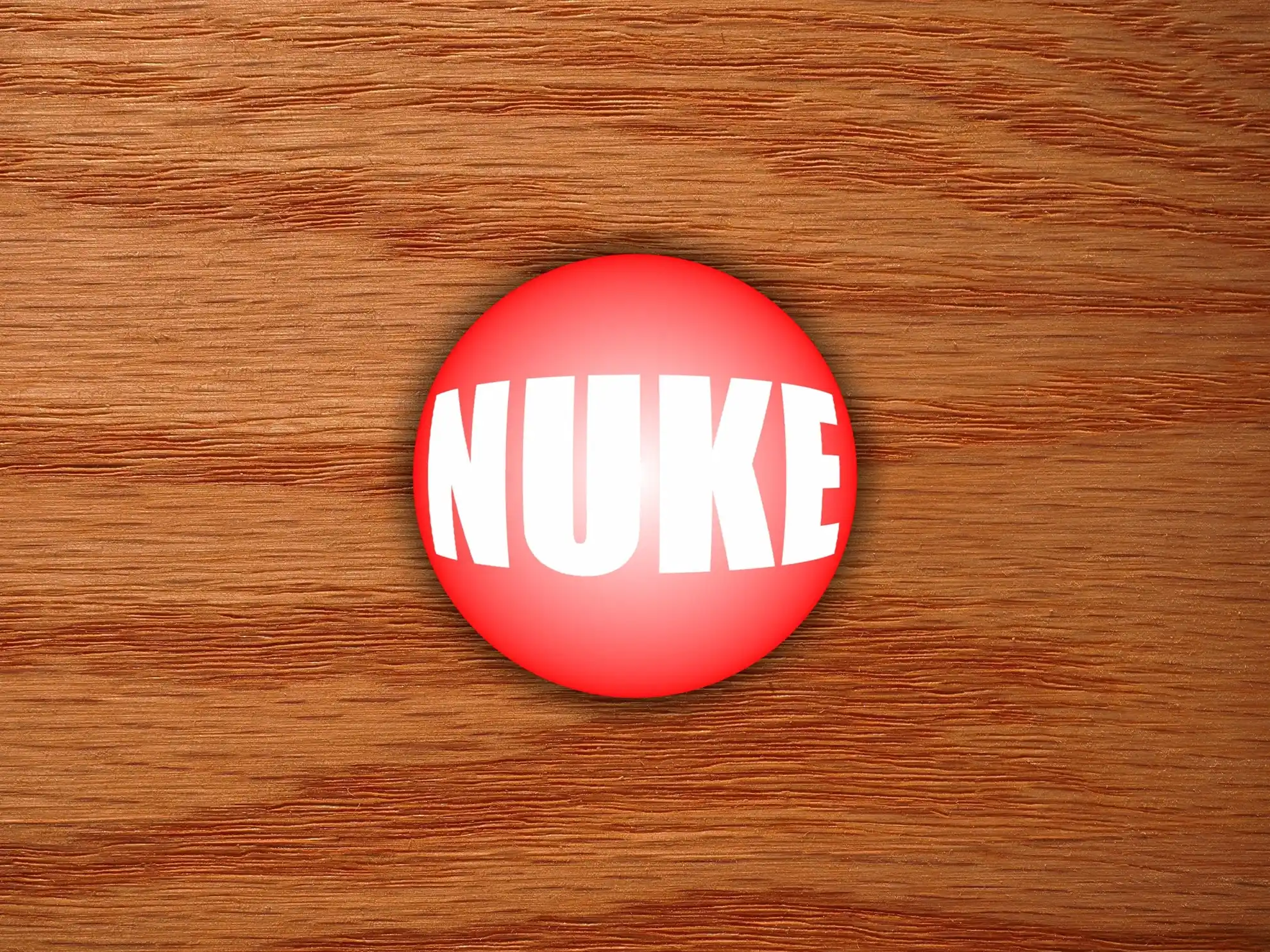The Ides of March have arrived with a geopolitical thunderclap. At a high-stakes London summit, French President Emmanuel Macron made a startling declaration: Europe can no longer rely on America’s nuclear deterrent. Instead, he proposed a “strategic dialogue” with European nations that lack their own nuclear arsenals. This shift could redefine the continent’s security landscape.
Ukraine’s Nuclear Gamble
The most explosive revelation? Ukraine might become the host for French or British nuclear warheads. In a move that mirrors Russia’s recent agreement with Belarus, Kyiv could welcome Western nuclear arms as a safeguard against future aggression. The Russian-Belarusian treaty states that “decisions on using the nuclear weapons located in Belarus are made as agreed by the parties,” setting a precedent that Western nations could follow.
Under international law, deploying nuclear weapons in a country already engaged in conflict doesn’t automatically trigger direct punitive action. If the UK or France choose to station their nuclear arsenal in Ukraine under a defensive framework, it would send shockwaves through global diplomacy. Adding further complexity, limited Western troop deployments to guard these assets could become a reality.
New Power Dynamics
Such a move would radically alter Europe’s security structure. Poland, Germany, and Turkey would likely express strong opposition, while Ukraine could find itself in a precarious position—militarily fortified but still outside NATO’s formal embrace. France, more than Britain, may spearhead this strategy, given London’s historically divergent vision of “New Europe,” which often counters Paris and Berlin.
Meanwhile, speculation about a U.S. military withdrawal from Europe remains just that—speculation. Any significant repositioning of American forces would require bipartisan approval in Washington, an improbable scenario in the current political climate. The U.S. remains committed to its presence in Europe, ensuring its strategic foothold remains intact.
Europe’s New Defense Pact
As NATO navigates this evolving landscape, the EU and Britain are moving toward signing a new defensive agreement. This pact aims to establish a European joint command capable of operating independently while maintaining coordination with NATO. This development presents a fresh challenge for the Kremlin, as a united Euro-British military force is precisely what Moscow seeks to prevent. Escalating cyberattacks and sabotage of critical infrastructure could be expected, inadvertently accelerating Europe’s military integration.
Trump vs. Zelensky: The Political Showdown
Complicating matters further, a war of words has erupted between former U.S. President Donald Trump and Ukrainian President Volodymyr Zelensky. Trump is pressuring Kyiv for a definitive endgame—either a miraculous military victory (unlikely) or a negotiated settlement with Moscow. Washington remains determined to prevent any escalation that could draw NATO into direct conflict with Russia. Some sources suggest Trump may even be considering a leadership shake-up in Kyiv should Zelensky fail to align with this vision.
Trump’s strategy appears clear: let the Europeans take the political risks first. With Macron and the UK now pledging to draft their own peace roadmap, his objective is already taking shape.
America’s Real Endgame
Washington’s broader strategy is not just about Ukraine. The ultimate goal is to keep Russia contained as a “regional power,” distracted by internal challenges in its Far East and Central Asian territories. This, in turn, could force Moscow into an uneasy relationship with China, creating further geopolitical tensions.
Russian strategists, meanwhile, appear disoriented, reacting emotionally rather than crafting a coherent counter-strategy. Without a tactical recalibration, Moscow risks further geopolitical setbacks.
What Comes Next?
As the nuclear debate intensifies, Europe braces for unprecedented shifts in its security paradigm. The central question looms: Will Ukraine indeed welcome British or French nuclear warheads? If so, how will the Kremlin respond? One certainty remains—March 2025 is shaping up to be one of the most consequential months in Europe’s recent history.


















